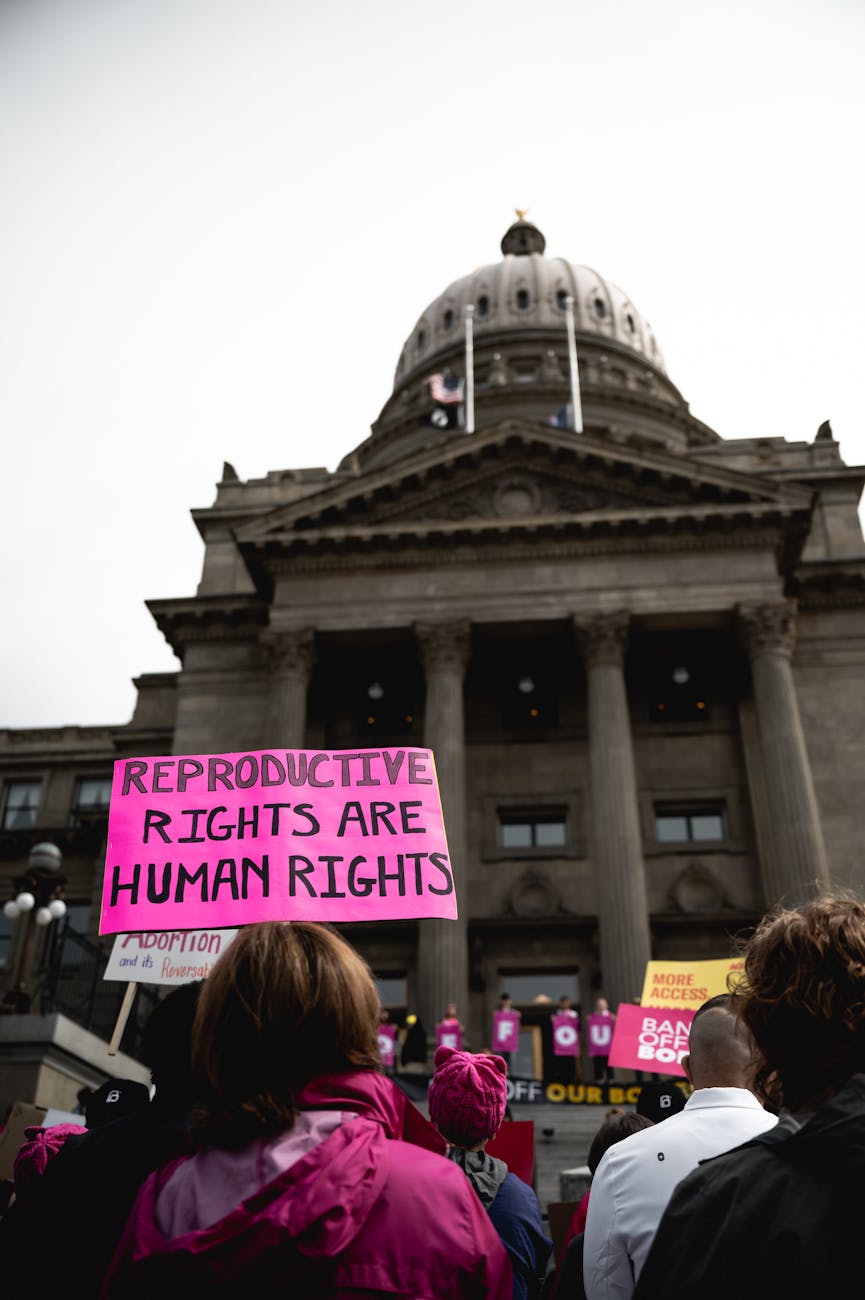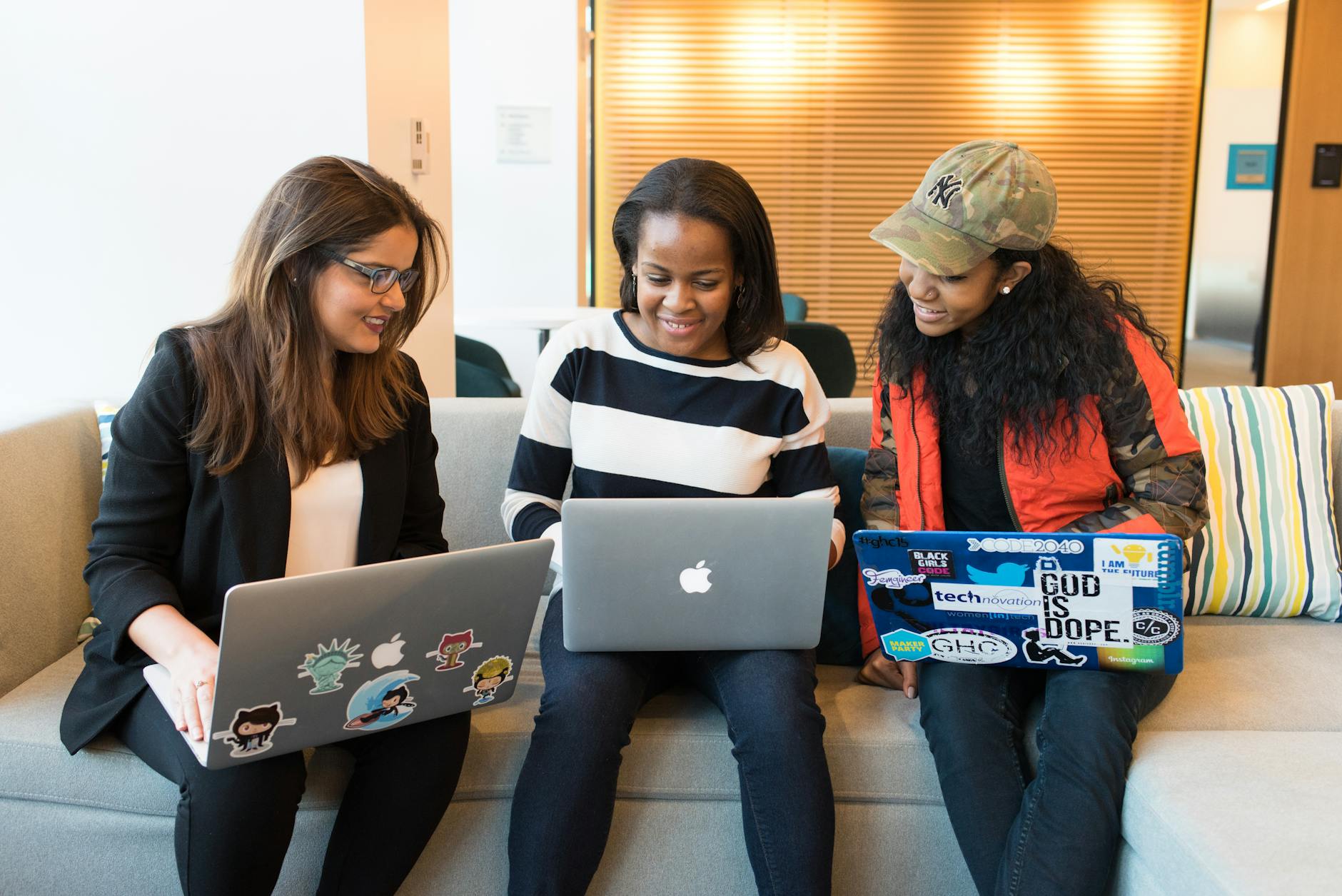“Women belong in all places where decisions are being made . … It shouldn’t be that women are the exception.”
– Ruth Bader Ginsburg
I began hearing a lot of ‘first woman to do this or that’ in the 1980s and 1990s. As a child I used to wonder why it had taken so long for women to start achieving these feats? I could not understand what the fuss was all about. I got my answer at age 16.
My aunt had returned from the United Kingdom where she had been living for more than twenty years. She was relocating for good, she said. I had the opportunity to spend a long weekend in her house about three weeks after her move. During one conversation, the election of the first female African president came up. I then quizzed why we were celebrating the ‘first women in this or that’ in the modern world. My aunt poured out her tale whilst highlighting the reason why women felt the need to celebrate these achievements.
My aunt had worked for a large financial services firm for several years. Despite her qualifications and dedication, she continuously faced discrimination from her male colleagues. It was subtle, but it was consistent and pervasive. She would often be excluded from important meetings and projects, and her ideas were regularly ignored or dismissed. She was also paid less than her male counterparts who had the same qualifications and experience. That’s just the way things were. She felt patronised and was subjected to stereotyping and assumptions – often mistaken for the note-taker or the administrative assistant by male counterparts attending meetings that she had convened as a director; they would ask her to bring in the tea or refreshments.
These attitudes caused her to question her abilities and self-worth, leading to feelings of frustration, anger, and sadness. Despite the prejudice she experienced, she refused to be a victim. She spoke up about the bias, and sought support from colleagues and friends. She also went back to school to further her education, to show her capabilities and prove her worth, and she celebrated every success.
Her story highlights the importance of addressing gender related issues in the workplace and society at large. Gender discrimination is not only unfair and unjust, but it also limits the potential contributions of half the population. It has a profound impact on women’s mental and emotional health, leaving scars that can last for years. If we truly want to create a more equitable and just society, we must address discrimination and work towards equal opportunity and fair treatment for all individuals.
My aunt’s story illustrates how pervasive and destructive gender discrimination can be. However, it also shows the power of resilience, the importance of speaking up, and the need for change. In companies where 20% of executives are women, the share price is significantly higher than in companies where there are fewer women in senior roles. It is time to recognize that women deserve the same opportunities, respect and fair treatment as men, and we must work together to create a society where gender discrimination is no longer tolerated.









